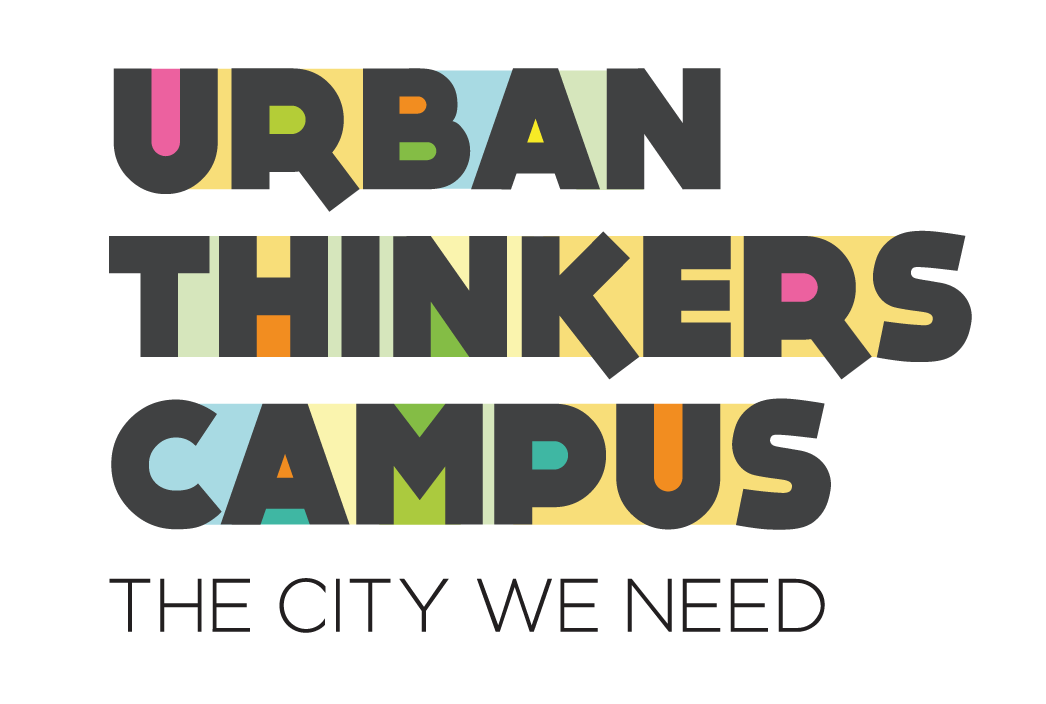Climate Change and Urban Economy
3:00 - 4:45 PM EDT
Topic: Low Carbon Inclusion: Establishment of Canada Climate Action Foyer
Cities and towns are on the frontlines of managing the response to climate change. They have to balance both the short-term need to protect inhabitants and manage climate-related disasters, as well as the long-term challenges to make cities more low-carbon, resilient and inclusive.
Climate change related disasters are poised to have a disproportionate impact on populations that are already vulnerable: for instance, low-income, informal settlements households often have increased exposure to climate risks and they also have a lower capacity to recover from damages, as they often lack access to insurance systems and safety nets.
With this context in mind, this panel will examine how local policies for climate change and environmental sustainability are applying explicit equity and social inclusion lenses. How are cities approaching this dual challenge? What dimensions of inclusion are prioritised in cities’ plans? In what areas and policy sectors will cities focus on the necessity and challenges of creating accessible, just, fair and inclusive low carbon approaches, policies and solutions along with community-based participatory engagement.
The session will also focus on sustainable consumption and low carbon futures; a ‘15-minute city 'perspective; a shared and just climate resilient city mobilised around ‘community’; the role of urban food initiatives in transitioning to more equitable low carbon cities; and low carbon urban design and affordable housing. In other words, how can a paradigm shift take place by putting people, planet and peace as priority.
Speakers













